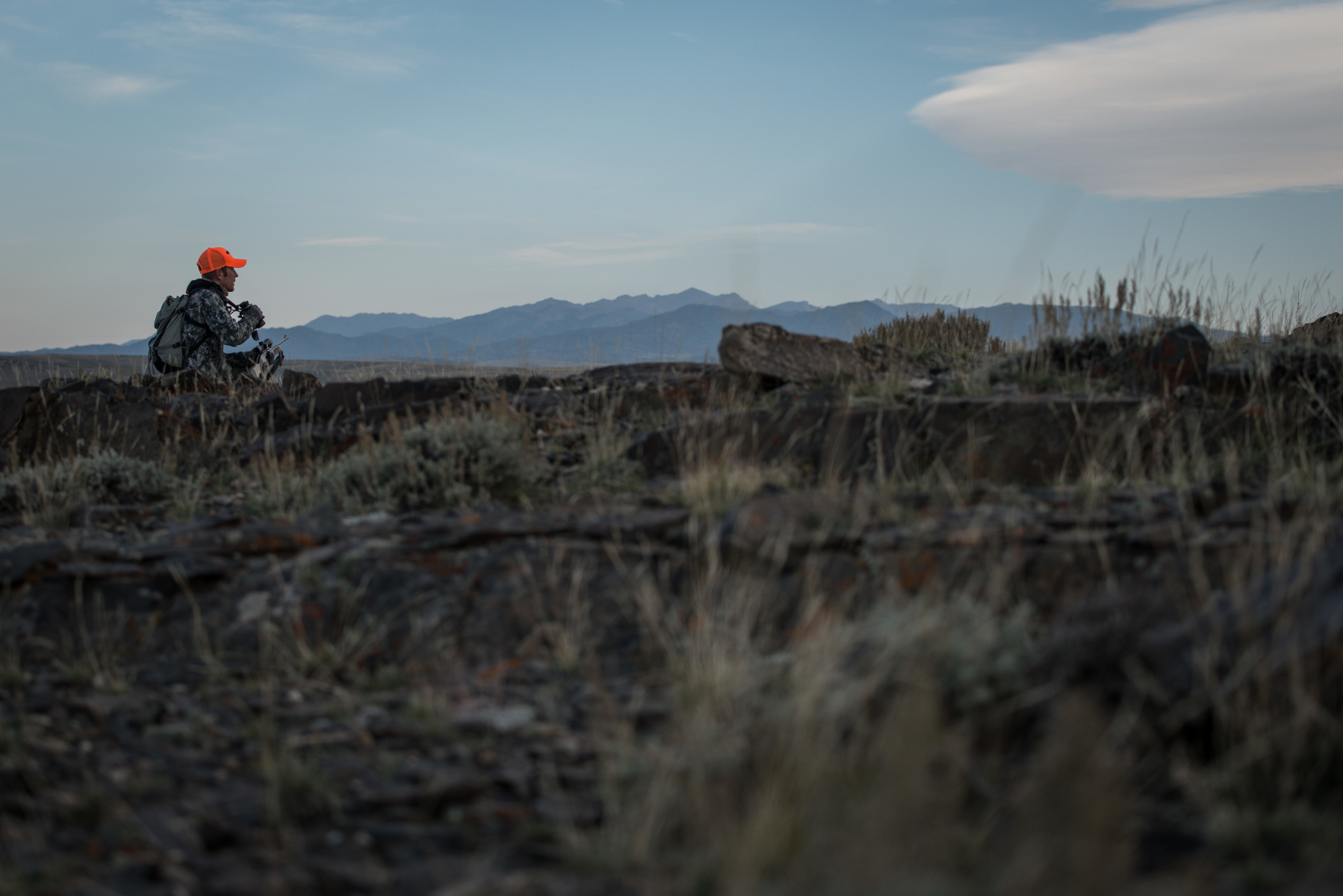Elk Hunt By The Numbers

Someone once explained to me that there are three stages to any elk hunt.
Stage 1: Finding the Elk
Most years, upwards of 90% of my time afield is spent in stage one, even more if you factor in the time spent scouting and pouring over maps in the off-season. But that’s ok. These are the quite hours before dawn, glassing a basin from a distant ridge, or staking out a likely meadow. The world is full of possibility. There is an elk in each shadow, and behind every tree, you need only look to the right place, at the right moment and know it when you see it. This is when you lose yourself for hours to the little wonders of the mountain and when the anticipation builds with each carefully placed step in the dark timber. Because the next step could be the step, the one that brings you to the twitch of an ear, or the glint of sun off antler; the step from stage one to…
Stage 2: Acquiring the Shot
… in which the world is instantly rewritten with a pen of adrenaline and the ink of all five senses. You are in elk now, among them, no longer a seeker, but a predator, and hungry. Your heart is in your throat, but it can’t choke off the torrent of sounds and smells and tiny clues that have swallowed you whole. The aches and pains of nights on the ground and days in the hills have vanished, taking with them every other silly distraction … the state of your retirement portfolio say, or next week’s schedule, or breathing. Because you are moving now, making decisions moment by moment – life and death decisions based on the taste of the wind and how it sits with your gut –all consumed with closing the gap, finding an angle and…
Stage 3: Making the Kill
There are no more decisions, only knowledge. You know that there is no shot, then, just as certainly, that there is, and that you are taking it. Maybe you say a prayer. Maybe it’s all been your prayer. Then with a bang that you never actually hear, it’s done.
I wish I could remember who pointed out the stages to me. I’d like to give credit where it’s due. Whether the process unfolds over the course of days, in a matter of seconds, or is derailed mid-cycle, thinking of it as such provides a tidy frame in which to arrange the experience’s constituent shards. Otherwise it might be lost to me forever.
Or, with no boundary to contain it, I might be lost to it.
Of course that’s probably what I was after in the first place.

